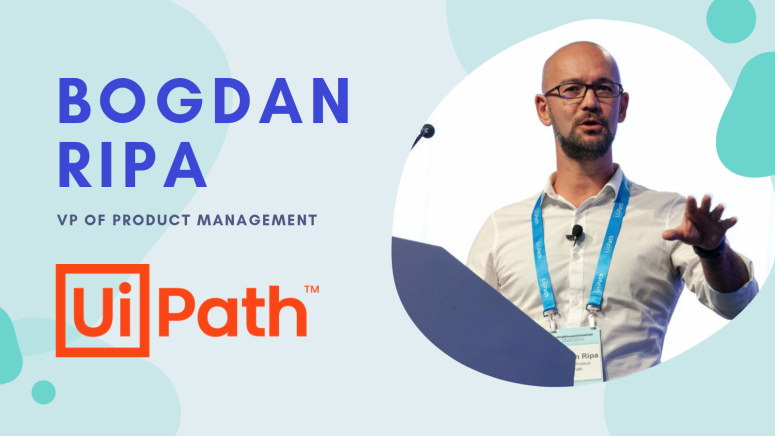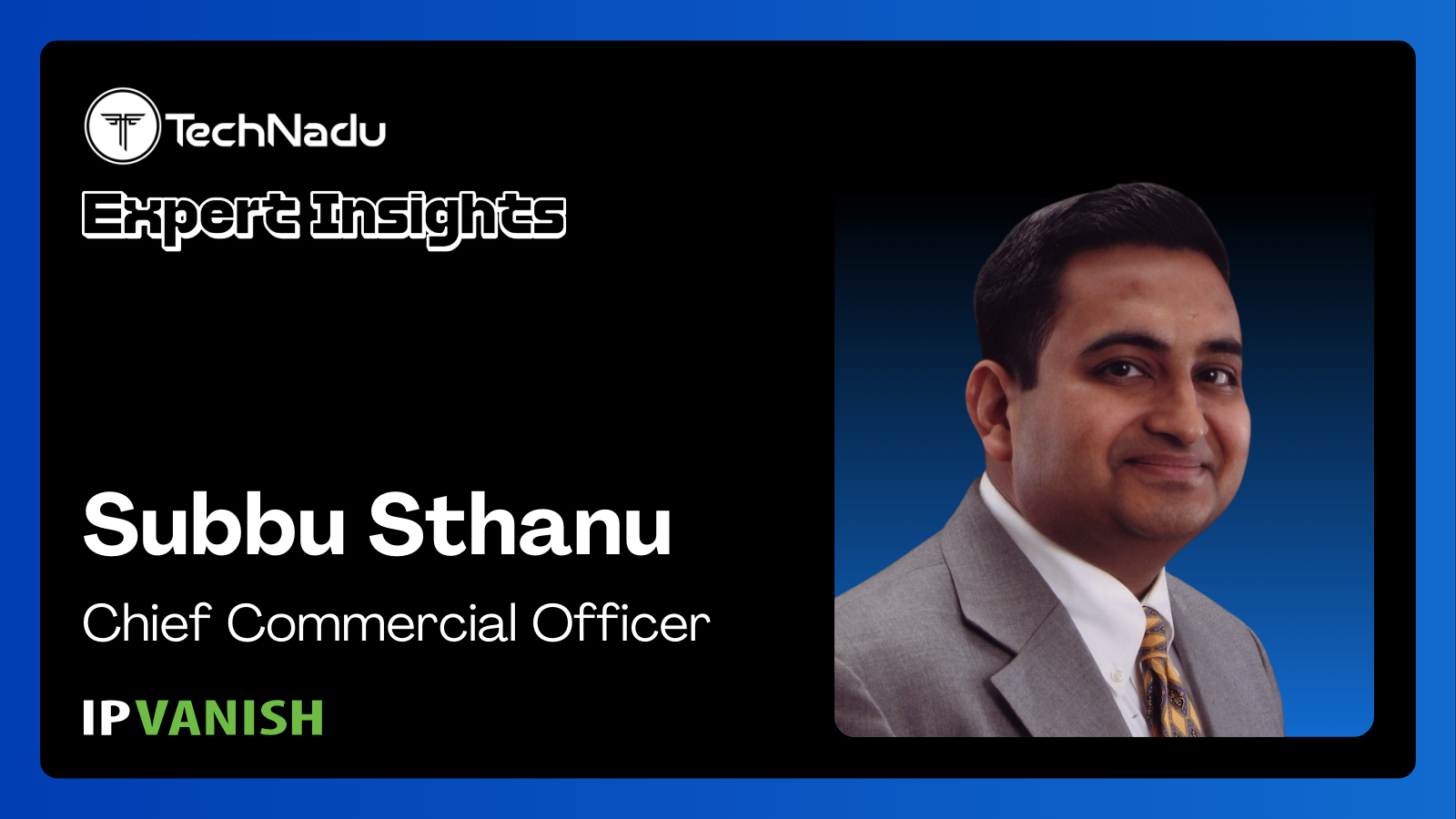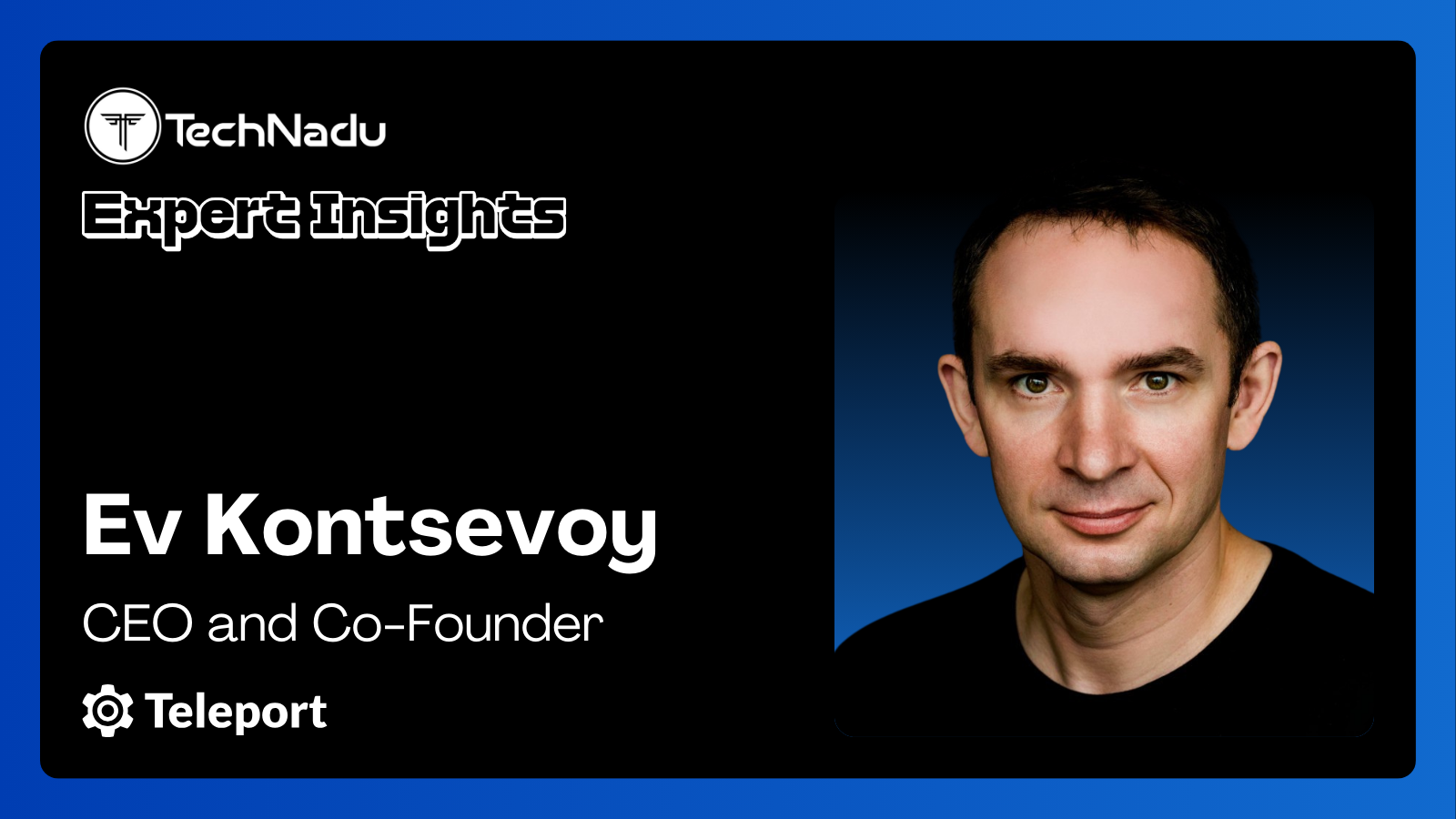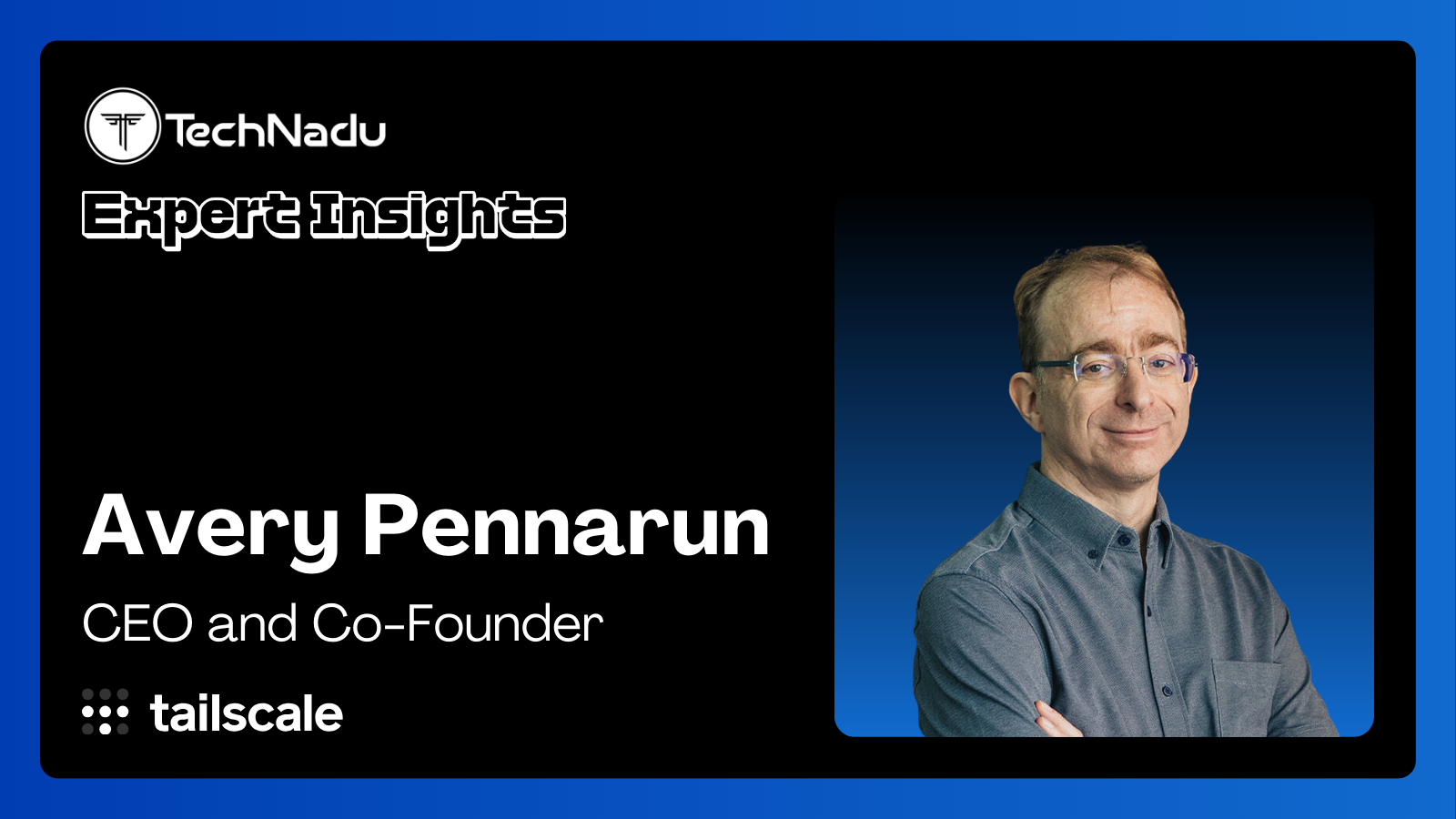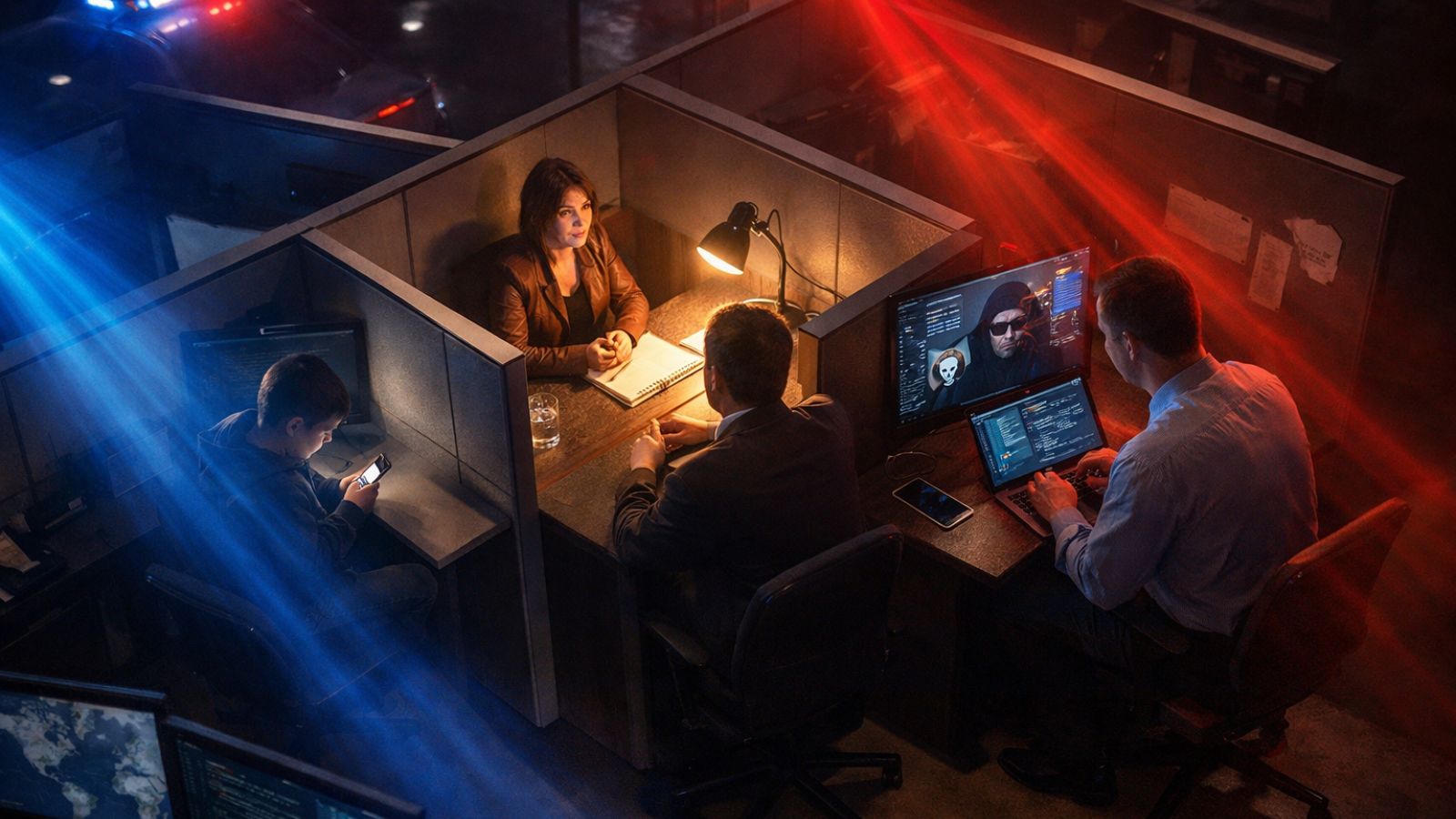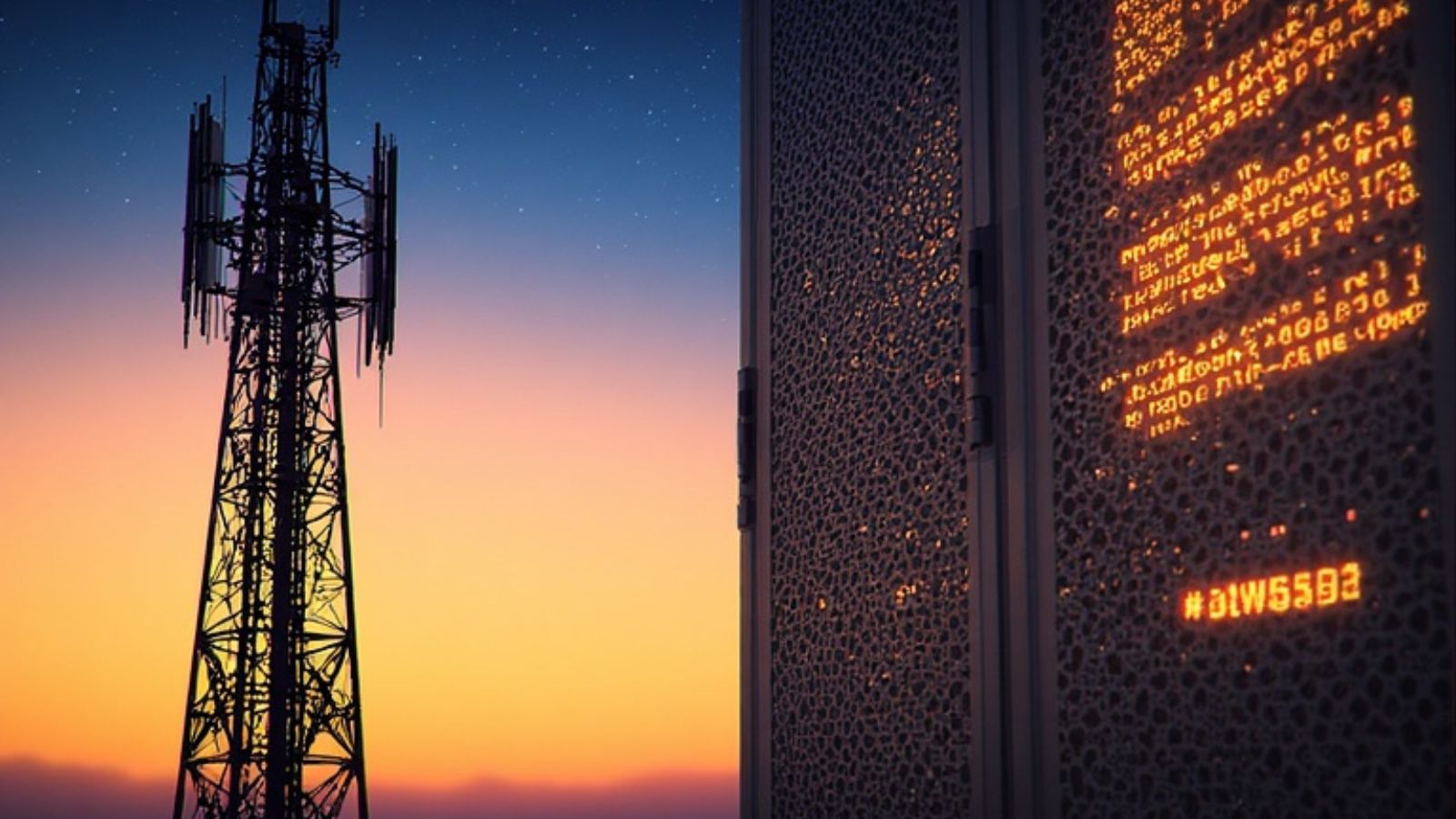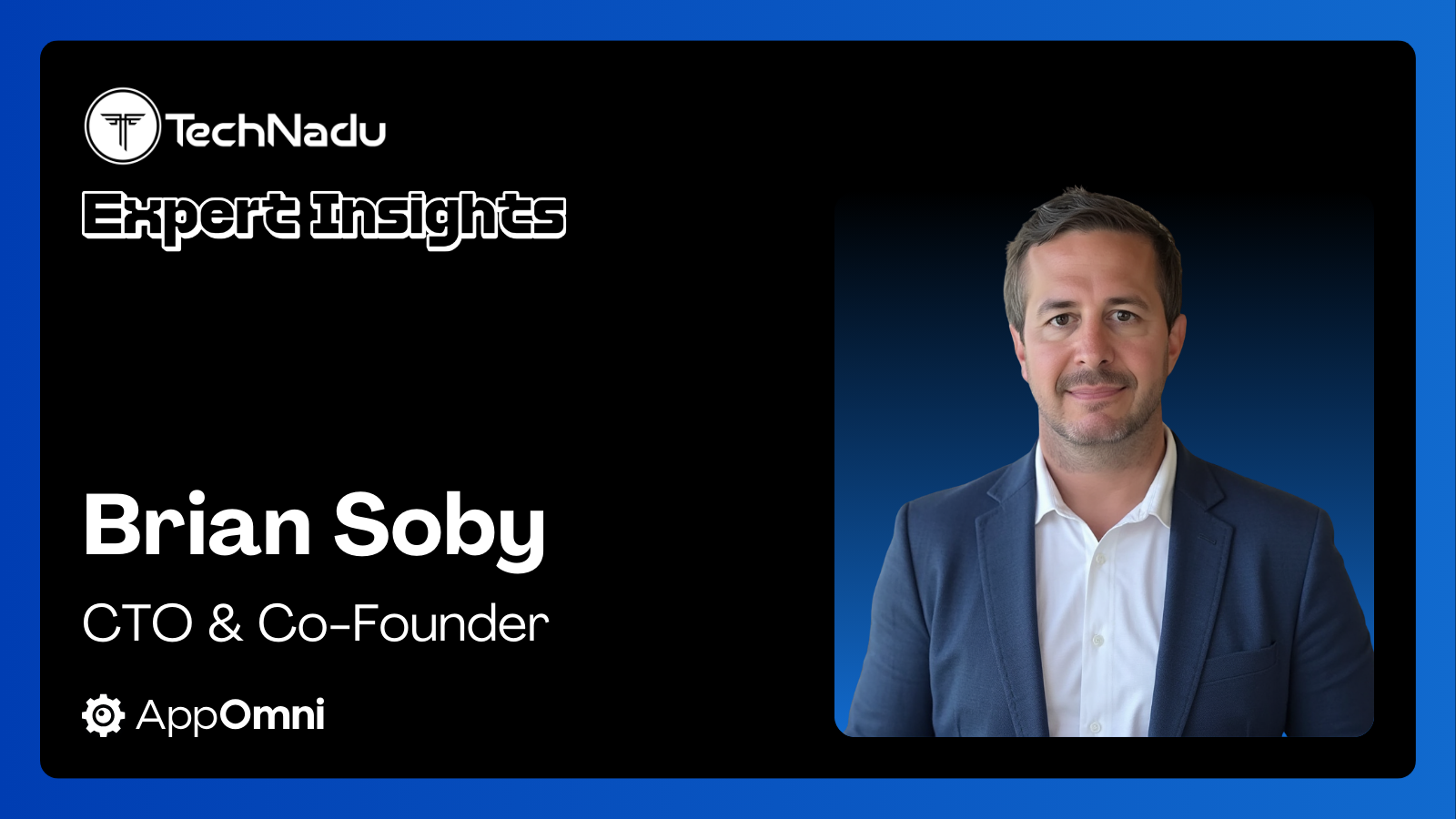
Bogdan Ripa, UiPath, on Automation, AIs, and How They Shape the Future – Interview
UiPath is a Romanian company that has skyrocketed in the past few years, managing to attract impressive funding from big players. The company is a leading Robotic Process Automation vendor that has contracts with loads of big companies and is currently valued at over $7 billion, with many voices in the industry saying that it may soon become the most valuable startup in AI.
Bogdan Ripa is the company's VP of Product Management, leading the path to expand the company's product suite. Before he joined UiPath he was a successful entrepreneur himself, creating a company that was acquired by Adobe, then another startup he helped grow was acquired by Fitbit. We met Bogdan during the Bucharest Tech Week in late May and we had a great chat about UiPath, about AI and how automation is changing the way we work, about the future, and more.
TechNadu: Let's start to the basics. Tell us something about yourself. What has your path been so far and how did you end up at your job?
Bogdan Ripa: I studied computer science. I went to university in French because my colleagues then told me that you can work and travel a lot while in school and I spent a lot of time in France as a result. In my second year of university, in 2000, I started a company with a friend, and we were developing tools for developers. In 2006 we sold that company to Adobe, and we founded Adobe Romania, that is now at about 600 employees or more.
After eight years in Adobe, I decided to leave and joined a friend's startup. I wanted to go back to the startup world. It was called Vector Watch and we worked on developing a smartwatch with 30-days battery life, always on display and always connected, which we launched. And we got acquired by Fitbit. So we founded Fitbit Romania that has reached about I think 250 employees now.
One year after we had built Fitbit Romania, Daniel Dines came to me and convinced me that the future is not where I was, but somewhere else, so I joined UiPath. And now I am with UiPath, it's been a year and a half now, and we're building the next biggest enterprise company in the world.
TechNadu: So what sets UiPath from competitors offer similar solutions?
Bogdan Ripa: There are two companies we see as our biggest competitors. One is Automation Anywhere and the other one is Blue Prism. Blue Prism is a UK based company, and Automation Anywhere has the headquarters in Silicon Valley. What do we do differently? It's hard. I mean, some people would say it's the technology. We have really good people and we're taking a very technical approach to solving this problem. A lot of the enterprise companies start from the business side and then they build technology to solve the business problem. We started with building great technology and then focused on the business side.
The other thing is, I think it's our culture and our people. We tend to be very bold in the things that we do - if we go into a market, we're going to be number one. We tend to be very humble; we listen and take notes and really empathize as much as we can with our customers, and ourselves, and our colleagues. You know, anybody who has ever started a startup will tell you that luck is a huge part of success. So we were there at the right time, with the right technology, and we had the courage to go big, fast, and to grow from a small company that was founded in an apartment somewhere in Bucharest into an international company with, out of the 2700 employees, 2000 of them are outside of Romania, based in different other countries. We have huge offices. In Japan alone, we have about 200 people or more.
TechNadu: I find that when you're trying to understand new technology, it's best to have someone that makes them explain it. So, what exactly can these "robots" do, this new technology that you're developing? How are they helpful to businesses?
Bogdan Ripa: So what can they do? If you think about a human person and the way a human person interacts with a computer, what do you do? You use your eyes, and you read the screen, and you understand what's on the screen, and you use your hands to type on the keyboard and move the mouse around and click and perform mouse gestures. So our robots can do exactly that. They can look at a computer screen and they can understand what's on the screen and translate it in a way that is understandable to a computer and they can emulate your keyboard and your mouse. So if, as a person, you are doing a repetitive task, something that is very well known, then you can program a robot to do that exact same task.
And we're not talking about physical robots, we're talking about software robots. Our robots are a piece of software that is installed on a computer. It literally takes over the computer, logs in into your Windows session, and then starts opening Windows applications, typing stuff, copying, pasting, from one application to another, sending emails and whatever a human does, a robot can do as well. As long as it's something that is known in advance. For something that's completely new, obviously that's a different problem, and this is where we're investing a lot into artificial intelligence and machine learning to try to break through those use cases as well.
TechNadu: Since this new type of robots are taking over some type of things that humans do, what are some things that they can't do currently but you wish they could?
Bogdan Ripa: So we're not taking away all those creative-type jobs. And actually, we're not even taking away jobs. That was one of my concerns. And when I joined, I was "OK, so what we're doing is we're actually displacing people and replacing them with robots." The reality is that I have not yet seen one customer where that's the case. What happens, in reality, is that, yes, you know you have some people that are doing all those boring repetitive tasks, they are unhappy, they are not engaged with what they're doing, and most of them really hate their jobs.
So we're helping them get rid of that boring work so that they can focus on something that's more creative, where they can actually use their brains to build something that's useful. And this is exactly what we're seeing. You have all these companies, you have departments of, I don't know, 10 people, doing all the same thing. Now you have some software robots doing those things, while those 10 people they're already trained, they know the company, they know the culture, and they can move on to do something else that is more brain intensive. Will the robots be able to go there as well? That's a little bit of science fiction territory, but through machine learning and artificial intelligence, there are some things that robots can do.
To give you an example, we've built a proof of concept with the folks at Google and they have these algorithms that you feed them images of your damaged car and they give you back a list of all the damages. So if I went into an accident and I broke my headlights, I'd just take pictures, send it to Google and they will give me back the list of parts that were damaged. And this is really great for insurance, right? Normally what you would do is, you would have a human person, take a look at those images, understand what happens, and then write down all the damages. Again, not the greatest job in the world, but still you know it's harder for a robot to do that. Well, now with the help of Google's machine learning tools, you can automate that type of thing as well.
So we're slowly moving into that direction, but I think going from there to "hey robot, can you write code for me?" that's a completely different story and we're very far. I think we're very far from that.
TechNadu: Many dream of having AIs that write code and then that code is supposedly going to be flawless. They were actually discussing having the AI write the code for security, for detecting all sorts of malware, and attacks, and so on and so forth.
Bogdan Ripa: That's something that you can probably automate more and more of. If you talk to our friends that do a lot of antivirus and malware detection software, they do have a lot of machine learning in their algorithms now because you can't script everything, so you have to look differently at what a computer program is doing to understand if it's good or bad.
TechNadu: So, UiPath offers both attended and unattended automation. Why would some company choose one over the other? What attracts them to either of them?
Bogdan Ripa: It depends on the use cases that they have. Attended automation is when you have a robot that sits on your computer and you're doing your job, and then at some point, you want the robot to take over a specific task and then give you back control. This is attended automation.
Maybe you know you're in the middle of a task and you have 50 steps that you have to perform and it's always the same 50 steps, but before and after it's very different each time, and you want to automate just that thing. So that's where you can have a robot help you take over and then give back control. Also, with attended automation, you as a person, you're attending the robot. The robot might need help, might need handholding while executing something. So you're going to guide the robot. Those are the use cases where you want to have attended [automation].
For unattended [automation] you need something that's very clear, very precise in the way it should work, so you can have it run unattended. Unattended means that it runs somewhere else on a data center, there's nobody supervising but other software, and it just executes processes end to end, so you know it works. Some companies start with attended automation, meaning that they don't trust the robot to do the work initially, because it's also a trust-building period initially. So they build everything as intended, they have people supervising the robots, and after a number of weeks/months, depends on customer to customer, they say "well, actually I think we're safe, we can't let this robot run unattended now because we've seen that it will do the job and it doesn't need any human intervention." And they move it from attended to unattended.
TechNadu: We have seen a lot of these cool implementations of AI over the years - from personal assistants to the souls of talking robots. AI is obviously also a big part of UiPath, it's the center of it all. What are some new implementations you are hoping to see in the near and far future of AI, both at UiPath and beyond?
Bogdan Ripa: Yeah, so I told you earlier about this concept of the robot looking at a screen and trying to understand what's on the screen. The way we do that, technically, is that we use some Windows APIs and we get into the UI trees and this is how we understand what's on the screen. However, sometimes you can't do that. Maybe you're working against a virtualized environment, and when you do that, all you see is a screen, and it's like an image. And me as a human, I can look at an image of an interface and if you told me "can you type in Bogdan under a user name?" I can do that because I'm gonna look for the user name label wherever it is on the screen, based on that label I will find that text field where I need to type something, and I will do that. And one thing that we're just launching now is the same capability for a robot. Think about feeding in just an image and the robot using the AI will understand what that image is, what are the things that I could interact with. Oh here's a text field, here's a dropdown, here's a checkbox, here's a button, here's an icon, where I can click on the button, and the bottom has this label, and I know exactly where I want to click. So those capabilities are coming.
The other things that are coming are around document understanding. To give you an example, if I give you an invoice and I ask you "Can you tell me who's the supplier, and all the line items, and the total?" You as a person can do that even if the invoice is in German and you don't speak German. Well, for a computer to do that, for a program to do that, it's a bit hard. I know it sounds trivial, but AI is not really there yet. I mean it is there with this specific case and it just got there in the last few years actually where you can feed such a document to a machine learning algorithm and it can give you back structured data about the document whether it's an invoice, a receipt, the contract, or something else. So those are some examples of things that we are looking at doing.
TechNadu: Since we are discussing AI in general, we can't avoid discussing the controversy surrounding this technology. Elon Musk, for instance, has called numerous times for regulations to be set in this industry, to avoid the singularity. Is that something that, in your experience, think can actually happen, or is a very far away future?
Bogdan Ripa: I think innovation happens at the edge of knowledge. So, if you have a lot of laws and regulations around what can happen... First of all, you know, it will happen anyway. It doesn't really matter that you have a law that says you can't use who-knows-what technology on humans. Somebody, somewhere, will break through and will try to do something with those things. But I think we do need some boundaries so that you have some rules in place and the world doesn't go crazy. We're, again, relatively far from seeing singularity, but I think we do need some constraints. But this being said, I think those will just be on paper. There are always people that will use technology to do good and bad things and innovation will happen everywhere.
TechNadu: So the restrictions are mostly ethical, depend on each person's ethics.
Bogdan Ripa: Yes. Yeah of course.
TechNadu: Okay. So you said that AI can't replace jobs in your view...
Bogdan Ripa: It can replace jobs. No. No. It can replace jobs, and it will replace jobs. What I said was that from our experience so far, what I've seen is people moving away from boring jobs to more creative jobs. This is what's happening. It's like any you, when was it? The 1700s when we had the first industrial revolution. I think 98% of humans were working in the fields and now it's only 2 percent. Those other people didn't just run out of jobs, they were doing something less, they adapted. So yeah we're humans, we always adapt, it's part of who we are.
TechNadu: And lastly, what is something that you have learned over the years about success and that you want to share with others.
Bogdan Ripa: I guess it's the fact that you have to step out of your comfort zone if you want things to happen. You can't just sit and wait. Nobody is going to do that for you. You have to be the one that takes that step to do something else, go meet new people, go work with new technologies, go do something different and see what happens, and then adapt.
We'd love to hear your thoughts about the interview with Bogdan Ripa, so drop us a comment in the section below the article. Share the interview online if you have the time and please follow TechNadu on Facebook and Twitter for more tech news, guides, reviews, and interviews.

